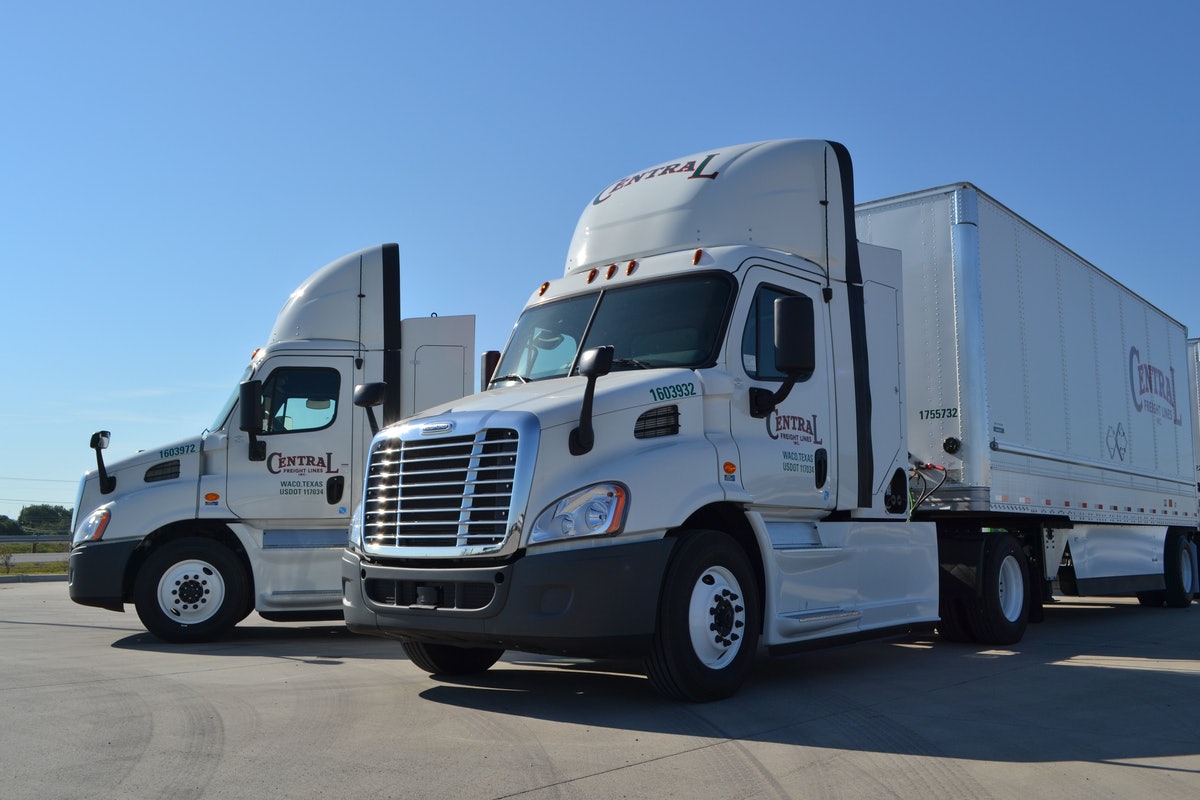Business-to-consumer retailers — brick-and-mortar and eCommerce sellers alike — rely on the holiday season to bookend their sales year with a positive outcome. The economy can be unpredictable, so ending the year strong as shoppers plan their holiday gifts is crucial. Retailers expect to see a significant bump in sales during the holiday season. Just as likely is a post-holiday decline in sales
Consumer demand in the United States has been robust this year, and it’s just getting stronger as the holidays approach.
Because of supply-chain uncertainty, transportation delays, and the unknown influence of the Omicron variety of Covid-19 on customer behavior, the stakes for retailers during the important fourth quarter, when sales and earnings normally peak, are high this year.
Record backups of container ships in the U.S. and logjams at other distribution chokepoints suggest big volumes of goods are still tied up in supply chains. That leaves many businesses in limbo as Christmas approaches and facing a possible flood of out-of-season merchandise in the New Year.
As many of your competitors slow down, the post-holiday season is the perfect occasion to pick up new campaigns and find new, creative ways to market.
Some experts speculated that persistent shipping difficulties may force some stores to redirect entire late-arriving containers to discounters before the item enters the company’s own supply chain.
Growth + Change = Opportunity!



